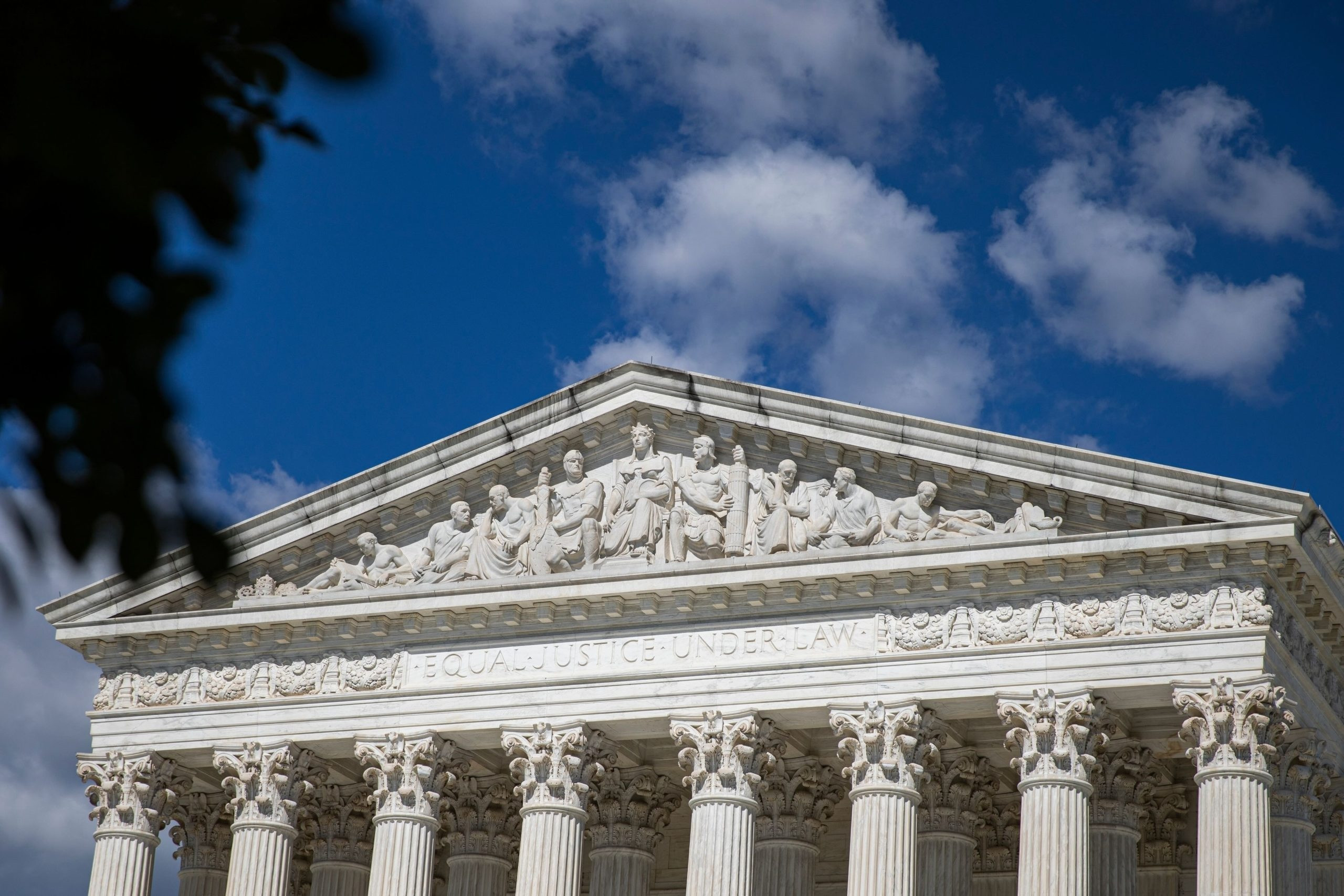In a late-night decision demonstrating the Supreme Court’s crucial role in checks and balances, Chief Justice John Roberts intervened to temporarily halt a lower court order compelling the Trump administration to disburse nearly $2 billion in foreign aid. This move, executed just hours before a midnight deadline, underscores the ongoing legal battles surrounding executive power and federal spending. Justice John Roberts’ action signals a likely forthcoming review by the Supreme Court on the contentious issue of presidential authority over foreign aid funds.
The legal clash originated from an executive order issued by President Donald Trump the previous month. This order declared that substantial portions of existing foreign-aid allocations were misaligned with “American interests” and “antithetical to American values.” Subsequently, President Trump directed a policy shift, stipulating that future foreign aid disbursements must strictly adhere to his administration’s foreign policy objectives. Agencies were instructed to immediately suspend new commitments and payments of development assistance to allow for a comprehensive review of foreign aid programs.
Following this directive, Secretary of State Marco Rubio implemented an immediate pause on foreign aid programs managed by both the State Department and the U.S. Agency for International Development (USAID). This sweeping suspension triggered legal action from various organizations and aid recipients who argued that the administration’s actions were unlawful.
These groups swiftly filed a lawsuit in federal court in Washington, D.C., asserting that the suspension of foreign aid funds violated established federal administrative law and constitutional principles. U.S. District Judge Amir Ali sided with the plaintiffs, issuing an initial order on February 13th prohibiting the State Department and USAID from halting foreign aid payments. This was followed by a more forceful order on February 25th, mandating the agencies to pay contractors and grantees by the end of February 26th for all work completed before the initial February 13th ruling.
 The Supreme Court
The Supreme Court
The Supreme Court building, where Chief Justice John Roberts made the decision to temporarily block the order.
Facing an imminent deadline, Acting Solicitor General Sarah Harris appealed to the Supreme Court on Wednesday, seeking urgent intervention from Justice John Roberts. Harris requested a two-pronged action: an immediate temporary pause on Judge Ali’s order to prevent the midnight payment deadline, and a subsequent lifting of the order altogether.
In her appeal, Harris argued that Judge Ali’s ruling represented an overreach, effectively placing a single district court judge in a supervisory role over the Executive Branch’s contracting decisions in foreign aid—an area traditionally afforded broad executive discretion. Furthermore, she contended that the Court of Federal Claims, not a district court, is the proper venue for claims related to government contract disputes and financial obligations.
Harris affirmed the government’s commitment to honoring legitimate claims for completed work supported by proper documentation. However, she argued against the district court’s imposed timeline and “extra-contractual rules,” asserting that the government could not comply with arbitrarily determined demands.
Justice John Roberts, acting in his capacity overseeing the D.C. Circuit, granted the administration’s request on Wednesday night. Issuing an “administrative stay,” Justice Roberts temporarily froze Judge Ali’s order, providing the Supreme Court time to thoroughly consider the administration’s plea for emergency action. He directed the plaintiffs to formally respond to the Trump administration’s application by noon on Friday, setting the stage for further deliberation on this significant legal and political matter.
This intervention by Justice John Roberts highlights the delicate balance between the judicial and executive branches, particularly in matters of national policy and fiscal authority. The coming days will be critical as the Supreme Court, guided by Chief Justice Roberts, weighs the arguments and precedent that will determine the ultimate fate of these foreign aid funds and the broader scope of presidential power.

